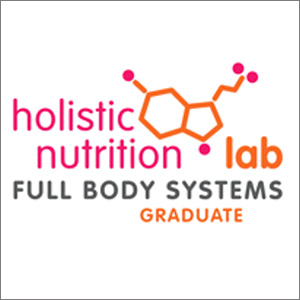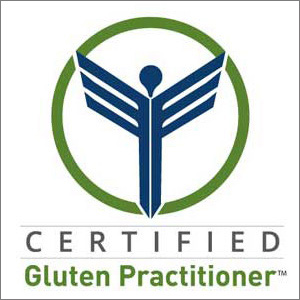 Should you remove gluten from your diet?
Should you remove gluten from your diet?
I get asked this question a lot.
And the short answer is “It depends”.
It depends on what’s going on in your body.
It depends on the signs and symptoms you’re experiencing.
And it also depends on your test results!
Of course, if your tests come back negative, then you’re in the clear – at least for the time being – more on that later.
But it’s super important that you get the RIGHT tests!
And you don’t want to stop there, either.
Because it’s just as important to know what other foods you might be reacting to – it isn’t always gluten that’s the culprit.
Whatever your problem foods are, that’s the one to focus on – so your body can heal.
Signs & Symptoms
First – about those symptoms you’ve been having.
The best way to interpret any kind of symptom – whether it’s indigestion or a headache – is to understand that this is your immune system talking to you.
It’s basically saying, “Hey – something’s up.”
(Seriously, how many of us heed those warnings when they first crop up?)
Got a tummy ache?
You say to yourself, “Oh, it must be something I ate.”
Bingo!
You’ve made the connection – yes, it probably was something you ate.
And you’re reaction is likely due to one of the following:|
- You have undiagnosed Celiac disease or non-celiac gluten sensitivity
- You have an undiagnosed food allergy or food sensitivity
- The food in question has gone bad
- You might have an underlying infection, either from yeast or bacteria overgrowth
- Your digestion isn’t up to par (see above)
Regardless, your immune system is now on high alert, in effect telling you, “Whatever it is that you’re doing, I don’t’ like it – please stop!”
What Tests Do You Need?
There’s a lot of controversy here, but what it comes down to is this:
Standard blood work typically tests for only one gluten antibody – known as alpha gliadin.
(This will typically appear on your labs as ‘gliadin’, for short).
However, alpha gliadin is just one out of a possible 60 different peptides that could be screened for reactions to wheat, which is quite an oversight.
It’s also a big problem.
The right tests are critical, I can’t stress that enough.
Plus, they’ll give you and your doctor, health practitioner or coach – (I recommend a team approach) – a more accurate picture, so you’ll know exactly what your Next Steps should be.
It Always Comes Back to Your Diet.
In the end, it always comes down to cleaning up your diet.
If you want to be healthy, you’ve got to consume food that’s clean, and nutrient dense.
Switching from gluten-containing foods to gluten-free breads, cookies, cereal and pastas that are full of chemicals, sugar and overly processed ingredients won’t give you the results you want.
Why?
Well, a gluten-free cookie is still a cookie!
(It’s fine as an occasional treat, but every day, multiple times a day is a problem).
Do you feel yourself resisting?
Are you hesitant to take these first steps that could literally change your life – and the outcome of your health?
Do you believe the aches and pains of getting older are inevitable – or avoidable?
Still unsure?
Here’s another way of looking at it.
- When did you first notice your symptoms?
- What have you done so far to alleviate those symptoms?
- And how is that working for you?
If what you’ve tried so far isn’t working, perhaps it’s time to try something new.
I offer my clients a fresh perspective, and a new beginning.
Are you ready to set yourself up for the success you deserve? Contact me at info@designahealthylife.com to set up your complementary 30-Minute Consultation.
 Follow
Follow


Speak Your Mind